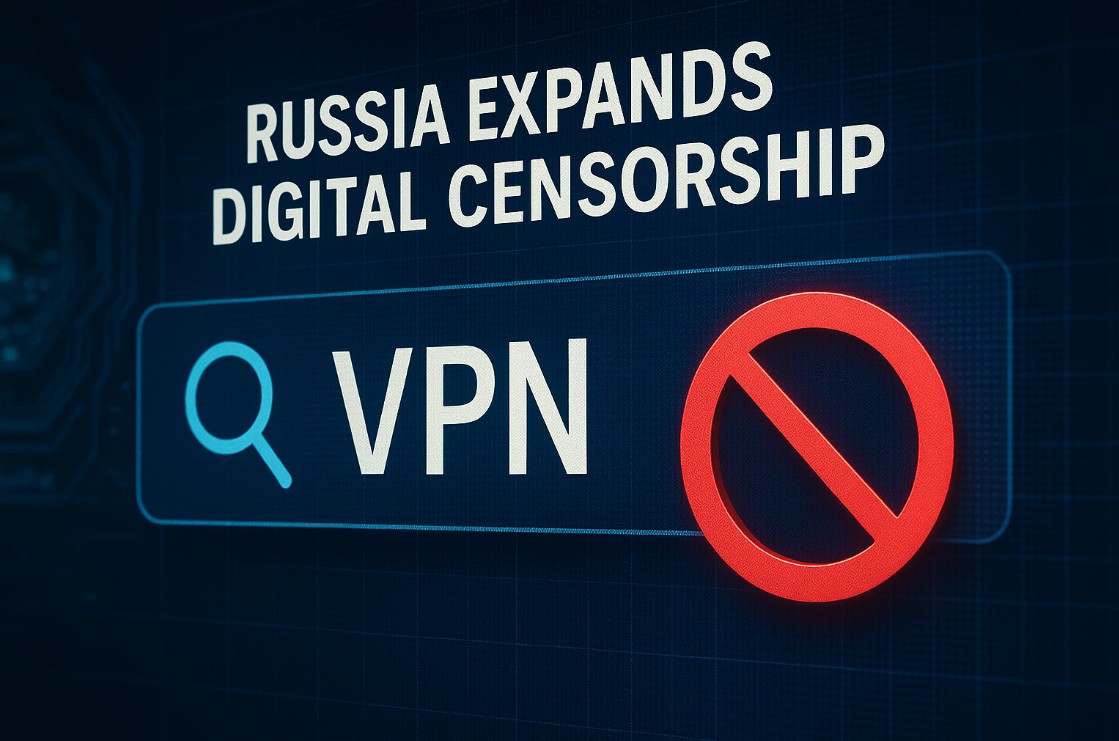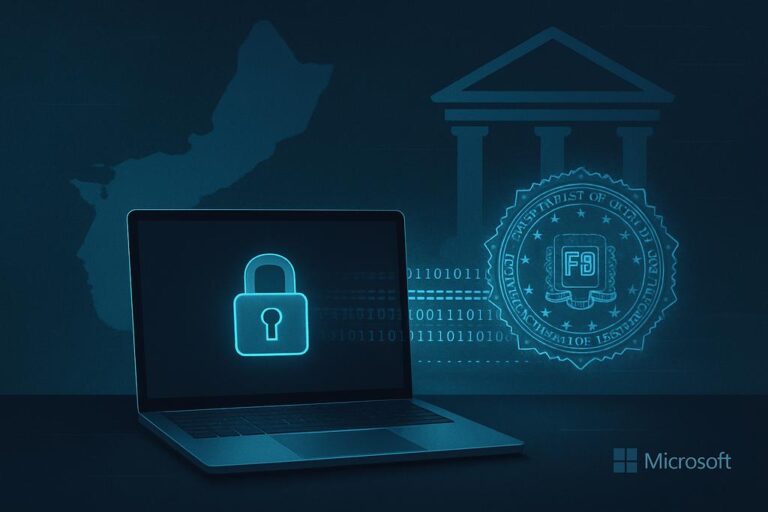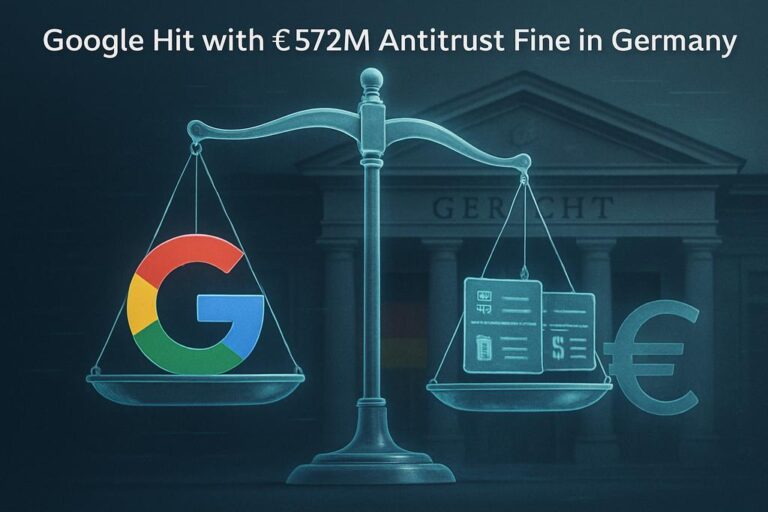
On July 22, 2025, the Russian State Duma approved controversial amendments criminalizing intentional online searches for “extremist” content, including via VPNs—even if the material is not distributed or shared. First-time offenders face administrative fines of 3,000–5,000 roubles (~$60)
The term “extremist” is broadly defined: it includes content from the Anti‑Corruption Foundation, the “international LGBT movement,” Meta Platforms, Neo‑Nazi ideology, and other dissident content listed in Russia’s 500‑page Extremist Materials register
Crucially, the amendments also ban advertising VPN services, with penalties ranging from 50,000 to 80,000 roubles for individuals, escalating to up to 500,000 roubles for companies. Moreover, using a VPN in conjunction with illicit online activity is considered an aggravating factor, opening the door to steeper penalties
Though ordinary users are reportedly exempt, law enforcement must prove users intended to view extremist content, a stipulation that activists warn is alarmingly vague and ripe for abuse. Observers suggest Russia may leverage internet service providers, cooperation mandates on platforms, or even random device checks to enforce the law
Opposition figures and some Kremlin‑aligned voices have criticized the bill. Boris Nadezhdin led protests outside the Duma, while digital rights advocates fear it will accelerate self‑censorship, blackmail, and preemptive content deletion. Even Yekaterina Mizulina, head of the Kremlin‑supportive Safe Internet League, warned the vague wording could blindside her organisation’s monitoring work
This move intensifies Russia’s digital sovereignty campaign led by Roskomnadzor, which has previously blocked platforms like Facebook, Telegram, and select VPNs. The law is expected to be rubber‑stamped by the Federation Council and signed by President Putin, with enforcement beginning September 1, 2025
For tech audiences, the implications are stark: not only does Russia penalize publication of banned content, but it now criminalizes the mere act of searching or accessing it, even through encrypted or anonymizing tools. This strategic move may chill VPN usage, pressure platforms into self‑censorship, and further erode digital privacy in Russia.










